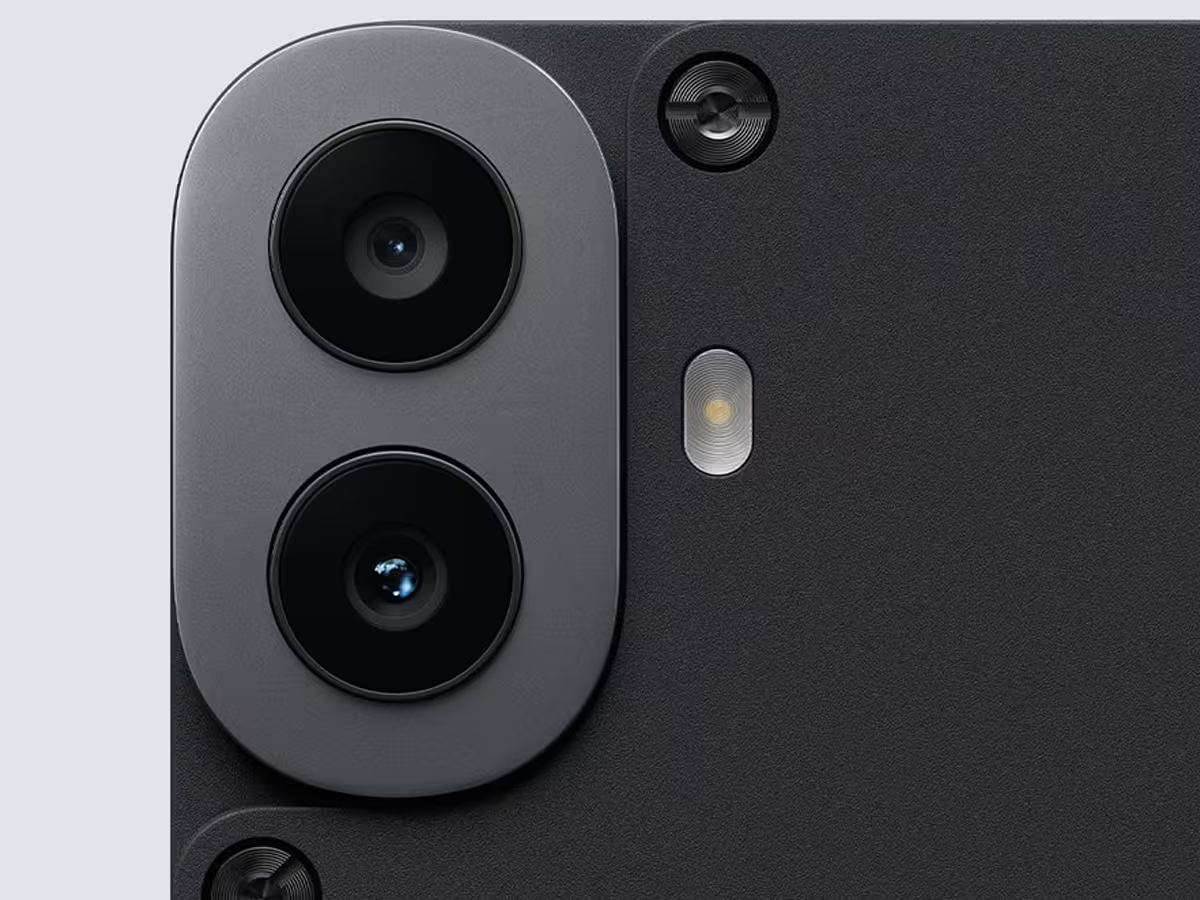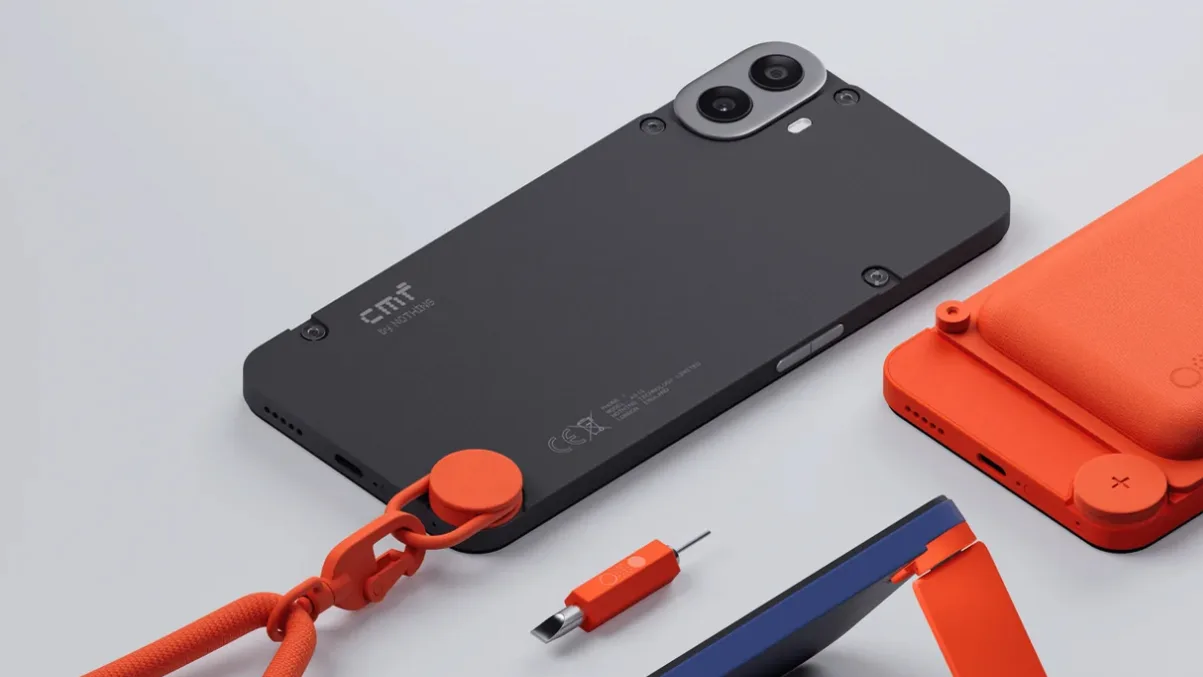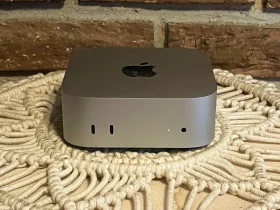The CMF Phone 1 has recently been launched, garnering attention for being an affordable and enjoyable Android handset. Despite its short time on the market, users have made a surprising discovery about the device: its depth sensor has the ability to see through certain objects. This unexpected feature has led to both intrigue and concern among users and the broader tech community.
To maintain affordability, CMF by Nothing made certain compromises in the phone’s design, including its rear camera setup. The phone features a 50MP main camera and an undisclosed depth sensor instead of a more conventional secondary camera.
CMF initially restricted access to this depth sensor, but a resourceful user found a way to enable it using a third-party app in developer mode. This discovery revealed that the sensor functions as a low-resolution monochrome camera with the ability to see through thin or semi-transparent objects, such as the back cover of a TV remote, revealing the batteries inside.

The discovery prompted a response from Akis Evangelidis, co-founder of Nothing, who explained the phenomenon. According to Evangelidis, the depth sensor lacks an infrared (IR) light filter, which allows it to reveal the internal structures of certain objects. This unique capability, while intriguing, raised privacy concerns among some users, prompting further action from the company.
In response to the mixed reactions, Evangelidis announced that CMF will restrict third-party apps from accessing the depth sensor’s output. This decision aims to address privacy concerns and will be implemented through a software update within a week. While some users appreciated the sensor’s functionality as a novel feature, others viewed it as a potential privacy risk.
Evangelidis acknowledged the appeal of the feature but emphasized the need to “play it safe” due to external pressures and scrutiny. He expressed that some people are uncomfortable with the company’s success and that they need to take precautionary measures to mitigate any potential backlash. As a result, CMF is taking steps to ensure the privacy and security of its users by restricting access to the depth sensor.







Leave a Reply